Starting May 1, 2024, commercial buildings in Chandigarh will be required to adhere to minimum energy performance standards outlined in the Energy Conservation Building Code (ECBC).
Over 17 years after central government’s Bureau of Energy Efficiency came out with ECBC in 2007, the UT administration has adopted it in Chandigarh and will enforce it from May 1. For now, it will be applicable only on commercial buildings that have a connected load of 100 kW or contract demand of 120 kVA and above.
ECBC stresses on reducing energy consumption by promoting the use of efficient heating, ventilation, air-conditioning, lighting and other building systems, as well as encouraging the integration of renewable energy sources like solar power, apart from natural light and air.
Through the implementation of the code, the UT administration is expecting significant energy savings and reduced greenhouse gas emissions that will contribute to its environmental conservation efforts.
Through provisions of Energy Conservation Act, 2001, states and UTs are empowered to amend the code as per their respective climatic conditions.
Accordingly, UT had constituted a high-level committee in 2022 to suggest amendments suitable for Chandigarh. The bureau then engaged All-India Institute of Local Self-Governance for assisting the state designated agency of Chandigarh in drafting a city-specific code.
The draft ECBC was prepared last year in April after incorporating suggestions from stakeholders. A senior UT officer said it was mandatory to comply with the code, failing which no-occupation certificate for the building will not be issued.
Key features of Energy Conservation Building Code
Energy Conservation Building Code seeks to set minimum energy performance standards for commercial buildings or building complexes having connected load of 50 kW and above, a contract demand of 60 kVA and above, plot area of 1,000 square metre and above or built-up area of 2,000 square metres or above (excluding basement/unconditioned area) for efficient use of energy and its conservation
To implement the code’s provisions, several changes have to be incorporated in various building systems, including heating, ventilation, air-conditioning, lighting, water heating and electricity distribution to reduce energy consumption
Through the implementation of the code, the administration aims to reduce greenhouse gas emissions and energy demand, thereby saving 20-30% of electricity annually and contributing to environmental preservation.
Image source- pinterest.com

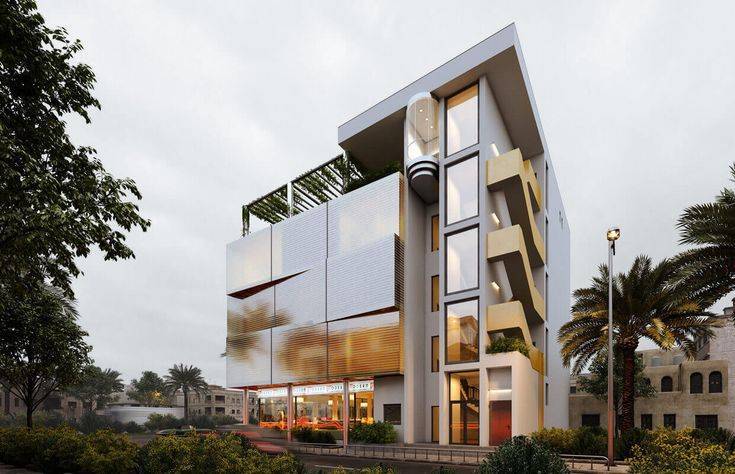
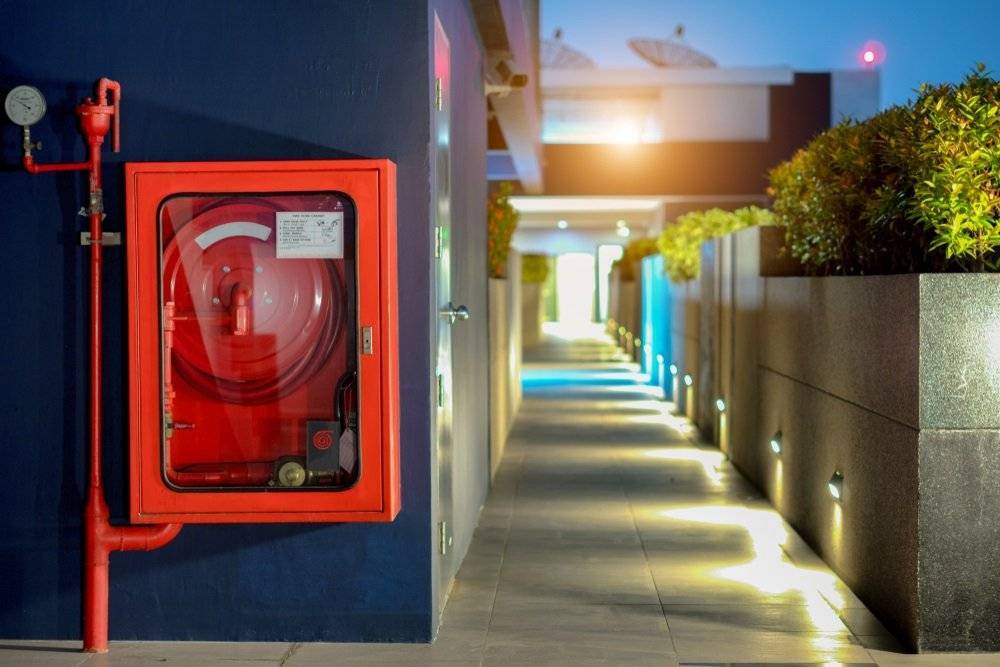

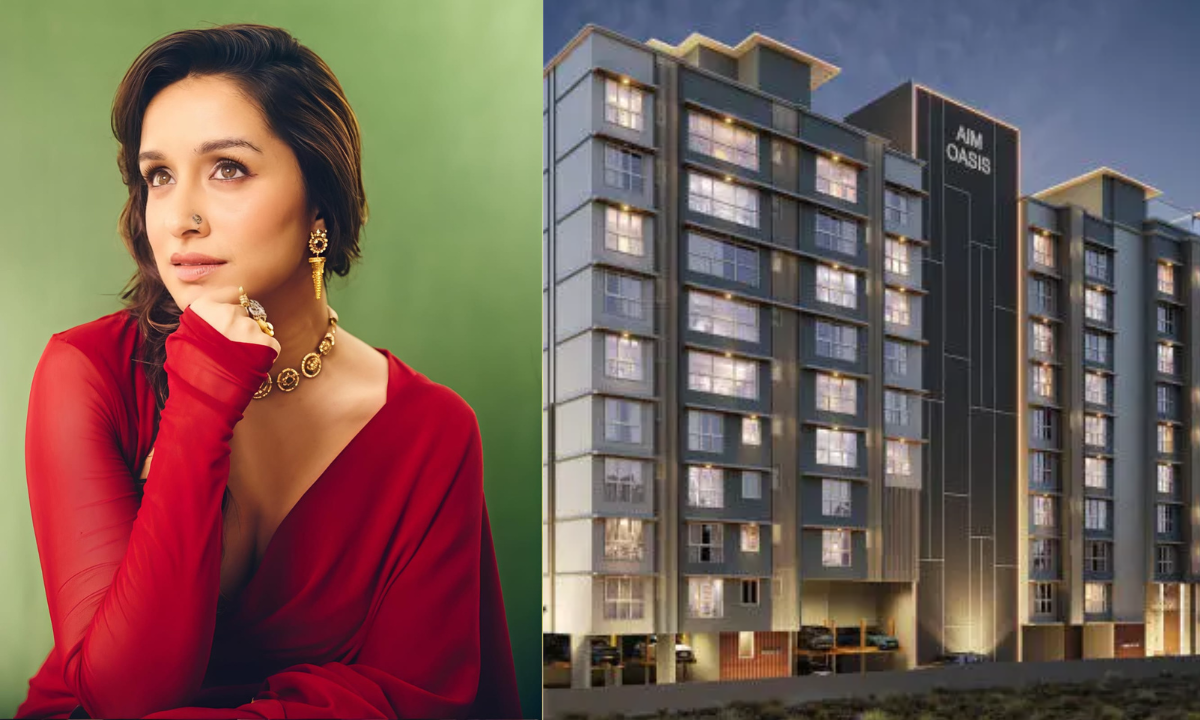
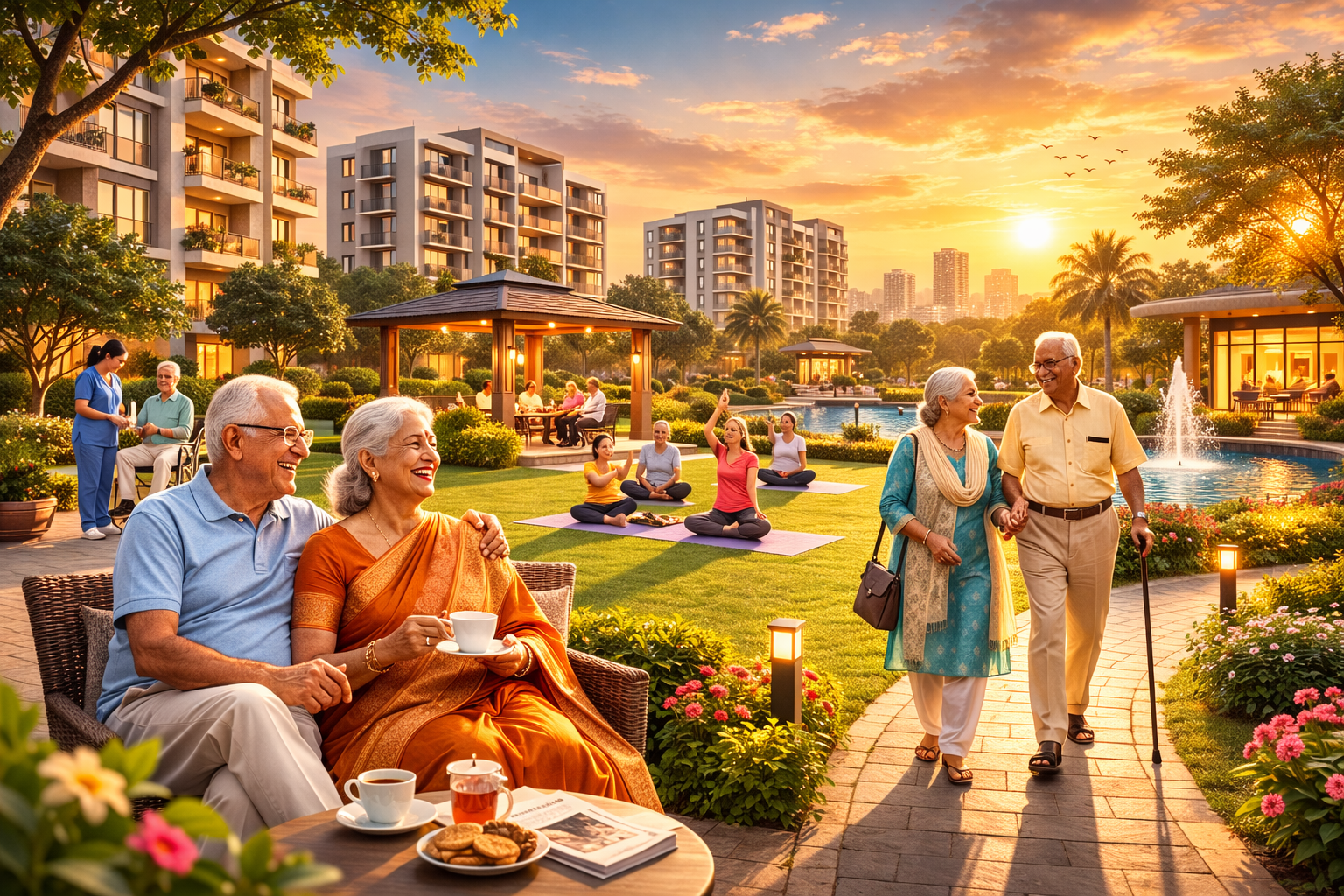
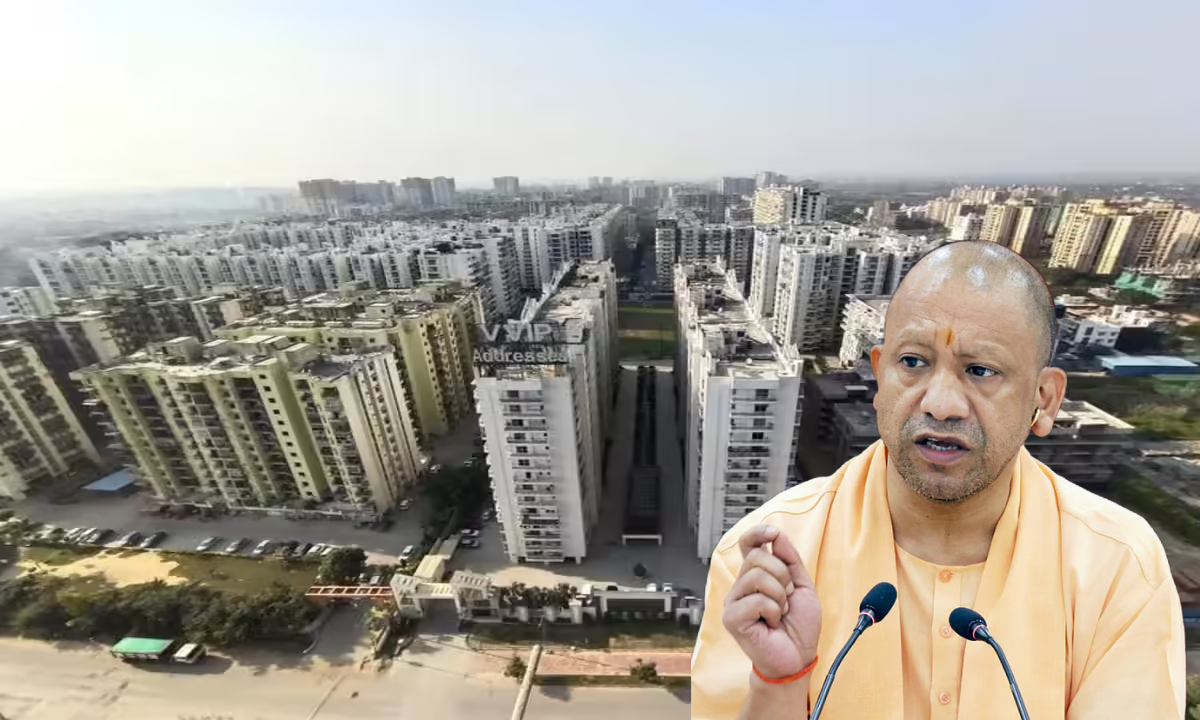

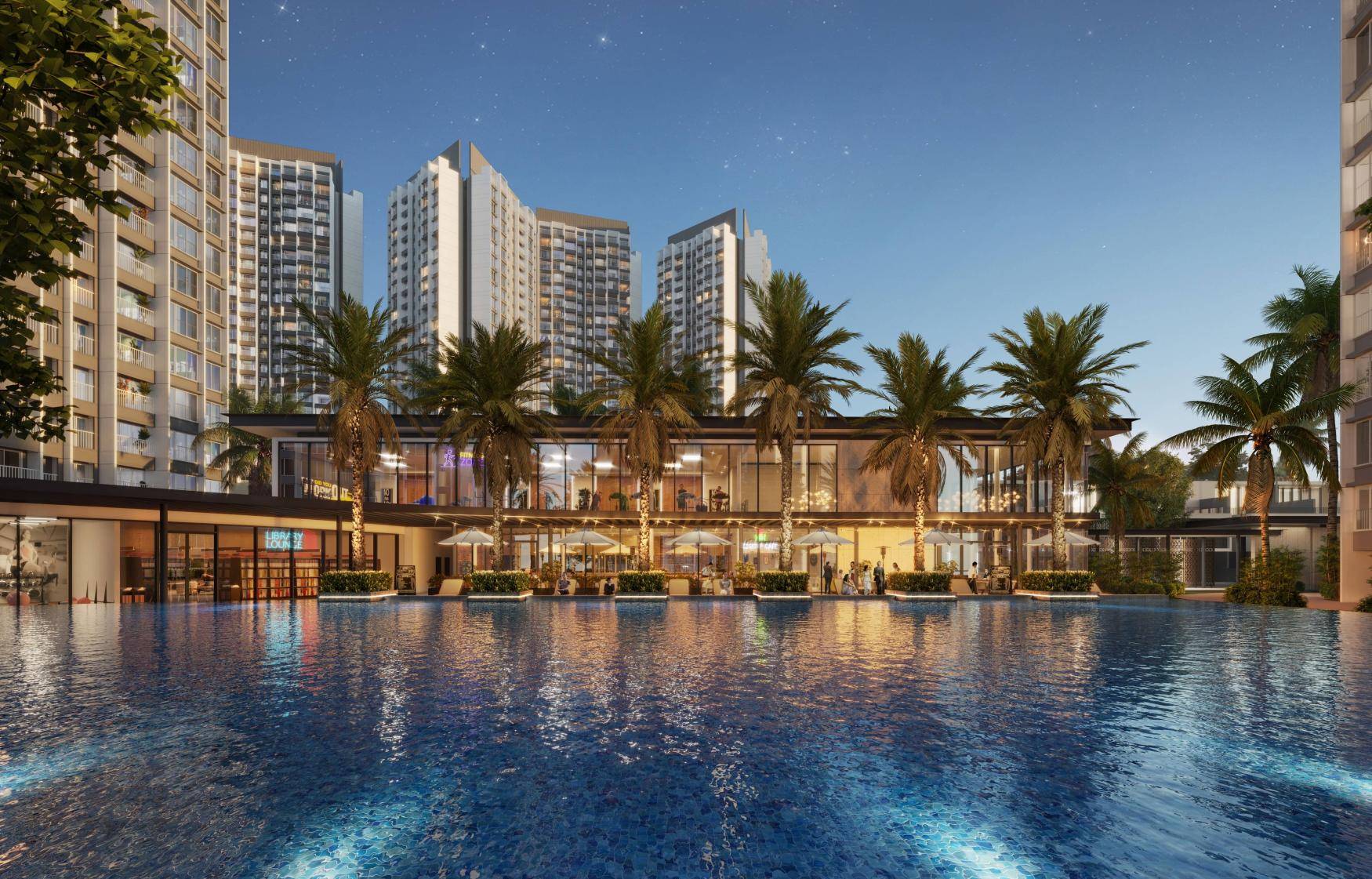
.png)